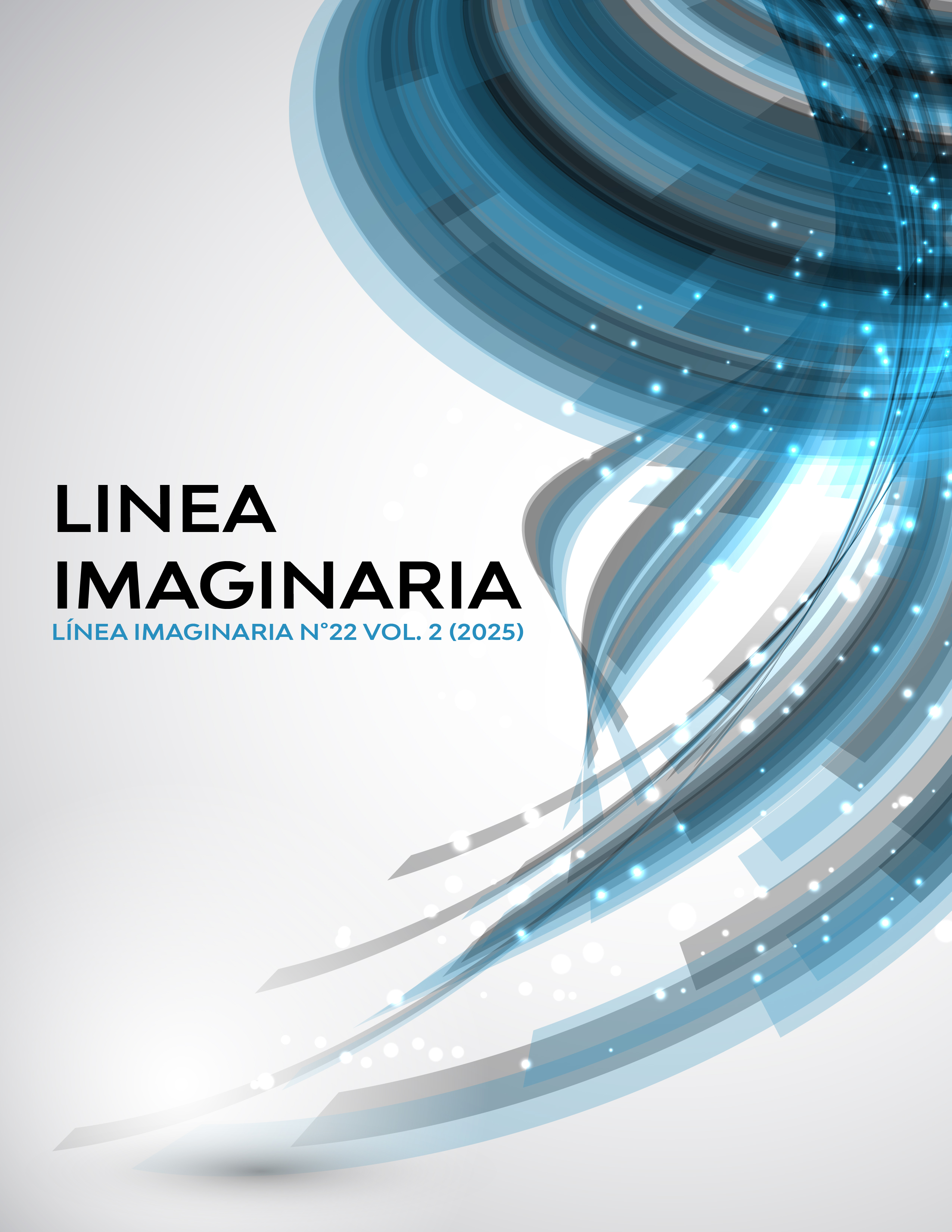THEORY AND MODEL: THE EDUCATIONAL METATHEORY
DOI:
https://doi.org/10.56219/lneaimaginaria.v2i22.4535Keywords:
metatheory, Educational perspectives, ontology and relevanceAbstract
An educational research has to be based on Metatheory, to show relevant implications, indicating how a good educational theory must be consistent, how it can have a correspondence, and a congruence between what the theory says and what happens in the educational reality, to improve or innovate the formative policies, this is how the metatheory of education can evaluate the quality of educational theories according to four dimensions: coherence, consistency, usefulness and relevance, within the fields of educational philosophy and educational practice, affecting the way in which existing educational theories are understood, evaluated and improved, according to social needs and demands with pertinence; for these reasons, three metatheoretical perspectives are expressed in this argumentative essay: the analytical, the continental and the pragmatic, which are useful to address issues according to the type of methods used. Then, examples are cited that show how philosophical and educational approaches with their limitations and biases can be evidenced, then some ontological principles are formulated according to three lines (pluralistic, dynamic and dialogic) that allow recognizing the diversity, change and interaction of educational entities, finally punctuating with some questions for future research.
Downloads
References
Ainscow, M. (2001). Desarrollo de escuelas inclusivas: ideas, propuestas y experiencias para mejorar las instituciones escolares. Narcea. Base de datos: Dialnet.
Ausubel, D. P. (1968). Educational psychology: A cognitive view. Holt, Rinehart and Winston. Base de datos: WorldCat.
Bandura, A. (1977). Social learning theory. Prentice Hall. Base de datos: WorldCat.
Clabaugh, G. K. (2018). Educational philosophy: A history from the ancient world to modern America. Rowman & Littlefield Publishers. Base de datos: WorldCat.
De Ruyter, D. J. (2017). Perspectivas metateóricas sobre la filosofía de la educación. Studies in Philosophy and Education, 36(5), 461-476. Base de datos: SpringerLink.
Freire, P. (1970). Pedagogía del oprimido. Siglo XXI. Base de datos: Dialnet.
Johnston, J. S. (2016). Metateoría y el papel de la ontología en la filosofía de la educación. Educational Philosophy and Theory, 48(10), 1034-1044. Base de datos: Taylor & Francis Online.
Oliva Ortiz, E. A. (2008). Metateoría de la educación como meditación filosófica: sentidos e importancia. Revista de Filosofía y Socio Política de la Educación, 8, 1-14. Base de datos: Dialnet.
Pérez Tapias, J. A. (2006). Educación y emancipación: una lectura desde Adorno. Revista Iberoamericana de Educación, 40(3), 29-44. Base de datos: Scielo.
Popkewitz, T. S. (2017). Metateoría y la práctica de la investigación educativa. En M. R. Gregory, J. Haynes y K. Murris (Eds.), The Routledge International Handbook of Philosophy for Children (pp. 45-53). Routledge. Base de datos: Taylor & Francis eBooks.
Scott, D. (2019). Fundamentos metateóricos de la investigación educativa. Educational Theory, 69(1), 1-20. Base de datos: Wiley Online Library.
Downloads
Published
How to Cite
Issue
Section
License

This work is licensed under a Creative Commons Attribution-NonCommercial-ShareAlike 4.0 International License.
La revista Línea Imaginaria conserva los derechos patrimoniales (copyright) de las obras publicadas, que favorece y permite la reutilización de los mismos bajo la licencia Creative Commons Atribución-NoComercial-CompartirIgual 4.0 , por lo cual se pueden copiar, usar, difundir, transmitir y exponer públicamente, siempre que se cite la autoría y fuente original de su publicación (revista, editorial, URL y DOI de la obra), no se usen para fines comerciales u onerosos y se mencione la existencia y especificaciones de esta licencia de uso. Si remezcla, transforma o crea a partir del material, debe distribuir su contribución bajo la misma licencia del original.













